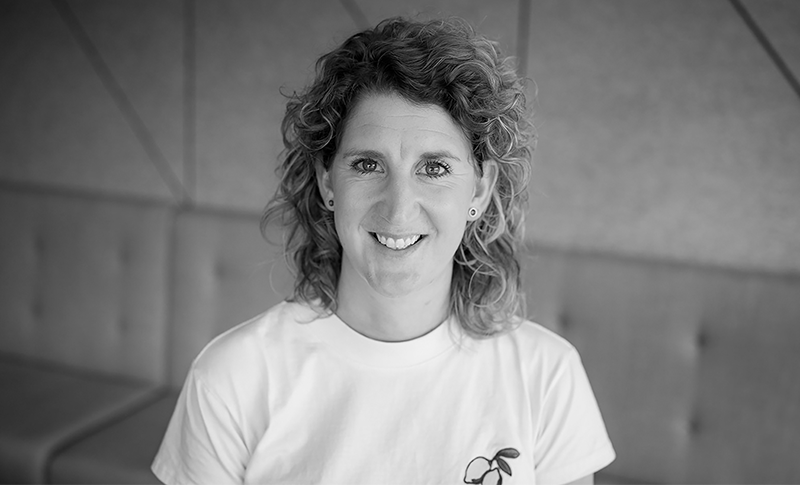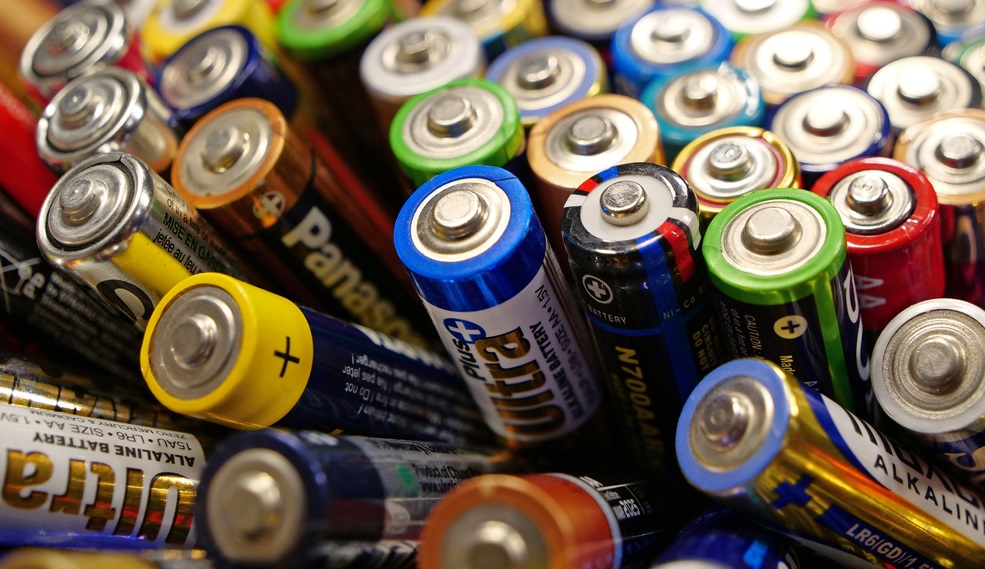Research funder NWO awarded 200 Veni grants this summer. WUR received eight of these. Only Twente scored less. It should be noted that the differences after the top three are minimal. WUR can therefore call itself a “sub-topper” when it comes to the absolute number of grants received.
The absolute winners are Utrecht (25 Veni grants), Delft (24) and the University of Amsterdam (21). Each of these universities received two to three times as many grants as the rest of the universities on the list. A Veni grant amounts to a maximum of 320,000 euros and is awarded to promising young scientists. With that money, they can work on their award-winning idea for three years.
More women
A total of 1,365 candidates applied for the Veni round. A third of them made it through the first selection round. Of the 200 grants awarded, 109 went to women and 89 to men, representing an award rate of 16 and 13 per cent respectively. This means that less than one in eight candidates was successful.
The fact that more women than men received grants is related to preferential policy. As a result, a total of eight additional Veni grants went to women. The accompanying graph only shows the Veni grants for universities. A total of 48 grants went to institutes and academic hospitals.
WUR Veni grants
The eight Veni grants for WUR went to Martin Janssens (Meteorology), Edwin Alblas (Law), Leonardo Jo (Molecular Biology), Rúna Magnússon (Plant Ecology and Nature Conservation), Niccolò Meriggi (Development Economics), Lisa van Sluijs (Nematology), Lerato Thakholi (Sociology of Development and Change) and Kristina Thompson (Health and Society).

 Photo Shutterstock
Photo Shutterstock 

